
At Four Seasons Health Care Group, we’re more than just a care home group. We’re a community woven together by the shared goal of making life for our residents’ lives as happy and fulfilling as possible. One way we’re achieving this is through the delivery of Pet Therapy as part of our Magic Moments activities programme.
Our homes organise visits from specialist pet therapy organisations such as ZooLab and Pets as Therapy as well as visits from other pet therapy animals such as alpacas and ponies. Bringing smiles to residents throughout the home.
Easing the Pressure
Before coming to stay with us, many of our residents had a cherished pet companion back at home that they miss dearly. Some of our homes will support residents to bring a beloved pet with them, just ask the Home Manager if this is something you wish to explore. If this isn’t possible, that’s where pet therapy and specialist therapy animal visits to the home comes in, bringing a bit of that comfort and companionship right into the heart of our care homes and onto our resident’s laps.
“The animals bring back such happy memories for our residents and being able to hold them and feed them is really special.”
Pet therapy is more than just a feel-good initiative though and specialist providers ‘Pets as Therapy’ state that interacting with pets can significantly enhance mental health and overall wellbeing. “Interacting with a PAT pet can lead to an increased connection with carers and family. It brings a fresh spark of energy and joy, especially for those living with dementia. The simple truth is, pets make us happier.” – Pets as Therapy
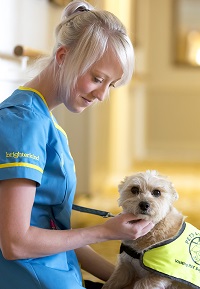
Are you wondering how all this happens? Well, the magic is in the pet-human interaction. The simple act of petting or spending time with these animals triggers the release of serotonin and dopamine in our brains. These ‘happy hormones’ contribute to an uplifted mood and a sense of well-being.
Keeping Active
Our Pet Therapy sessions also serve as a fun, gentle form of exercise. As an addition to the Magic Moments activities, they help to keep our residents moving and their joints… shall we say, ‘grooving’; an enjoyable way to maintain physical health and engagement.
A Boost to the Brain
Then there’s the cognitive boost that comes with pet interaction. Engaging with our furry friends stimulates cognitive functions and memory. This can be especially significant for residents experiencing memory loss or cognitive decline, like those with dementia. A purr or a wagging tail can trigger cherished memories, bringing a comforting sense of familiarity and grounding.
Starting the Conversation
Pet therapy also creates a safe space for our residents to practice their communication skills. It’s a judgment-free zone where conversations are sparked naturally, fostering a sense of community, and strengthening bonds among residents.
A Friend and Companion
One aspect of pet therapy that tugs at our heartstrings is the companionship it offers. Our furry friends become loyal companions, alleviating feelings of loneliness and isolation. They offer a connection to the world, a sense of unconditional love that makes our residents feel more anchored and less lonely.
Purpose and Responsibility
And let’s not forget the sense of purpose and responsibility that comes from caring for these animals, even if briefly. It’s a chance for our residents to feel needed, fostering a glow of fulfilment and happiness.
Conclusion
In conclusion, pet therapy is a truly magical part of our Magic Moments activities programme that significantly enhances life at Four Seasons and brighterkind care homes. From countering loneliness to improving physical health and mental functions, our cuddly companions bring an abundance of joy, warmth, and laughter into our hearts and homes.
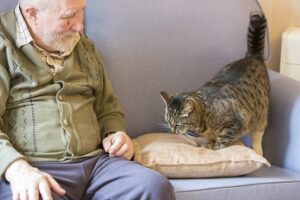
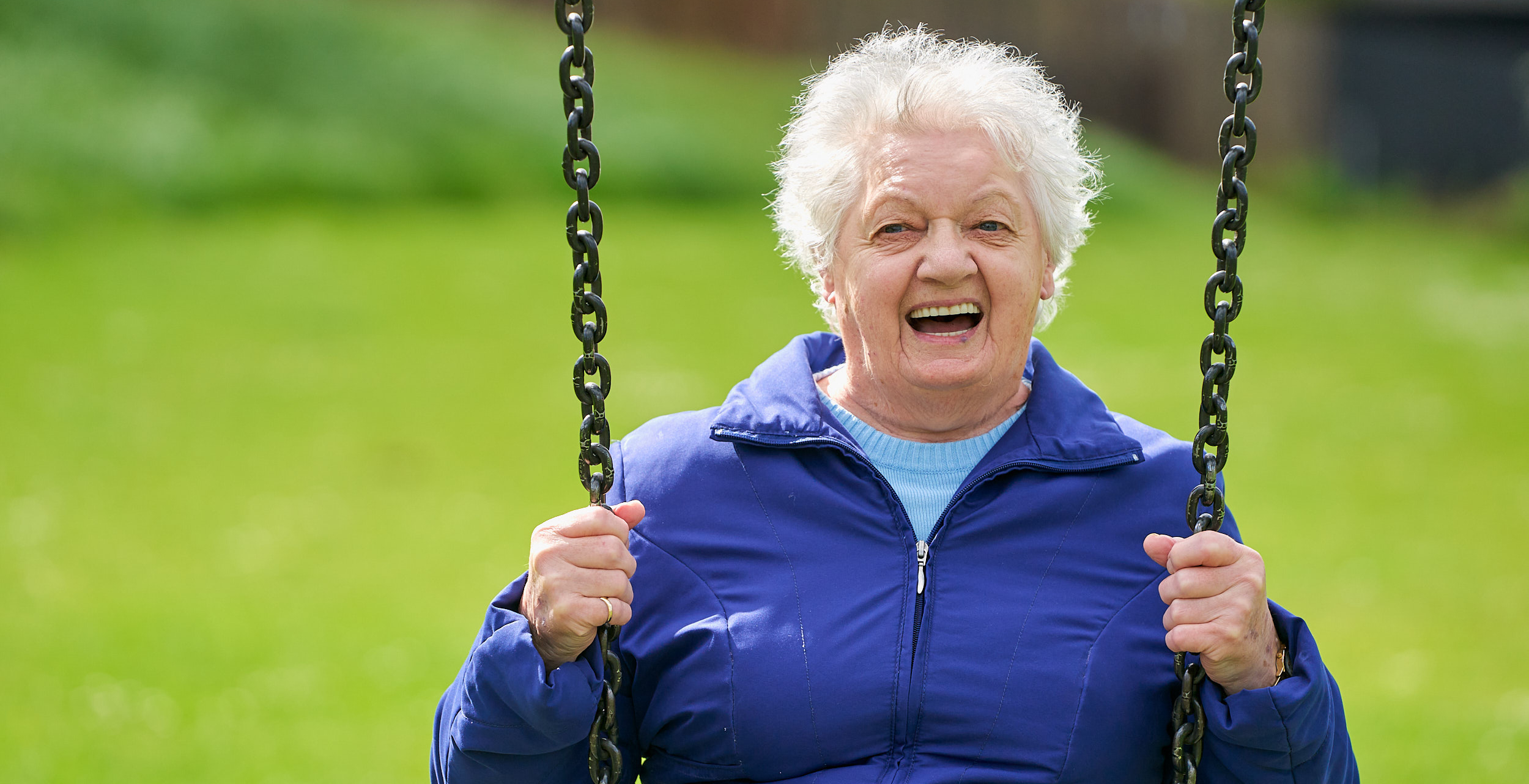
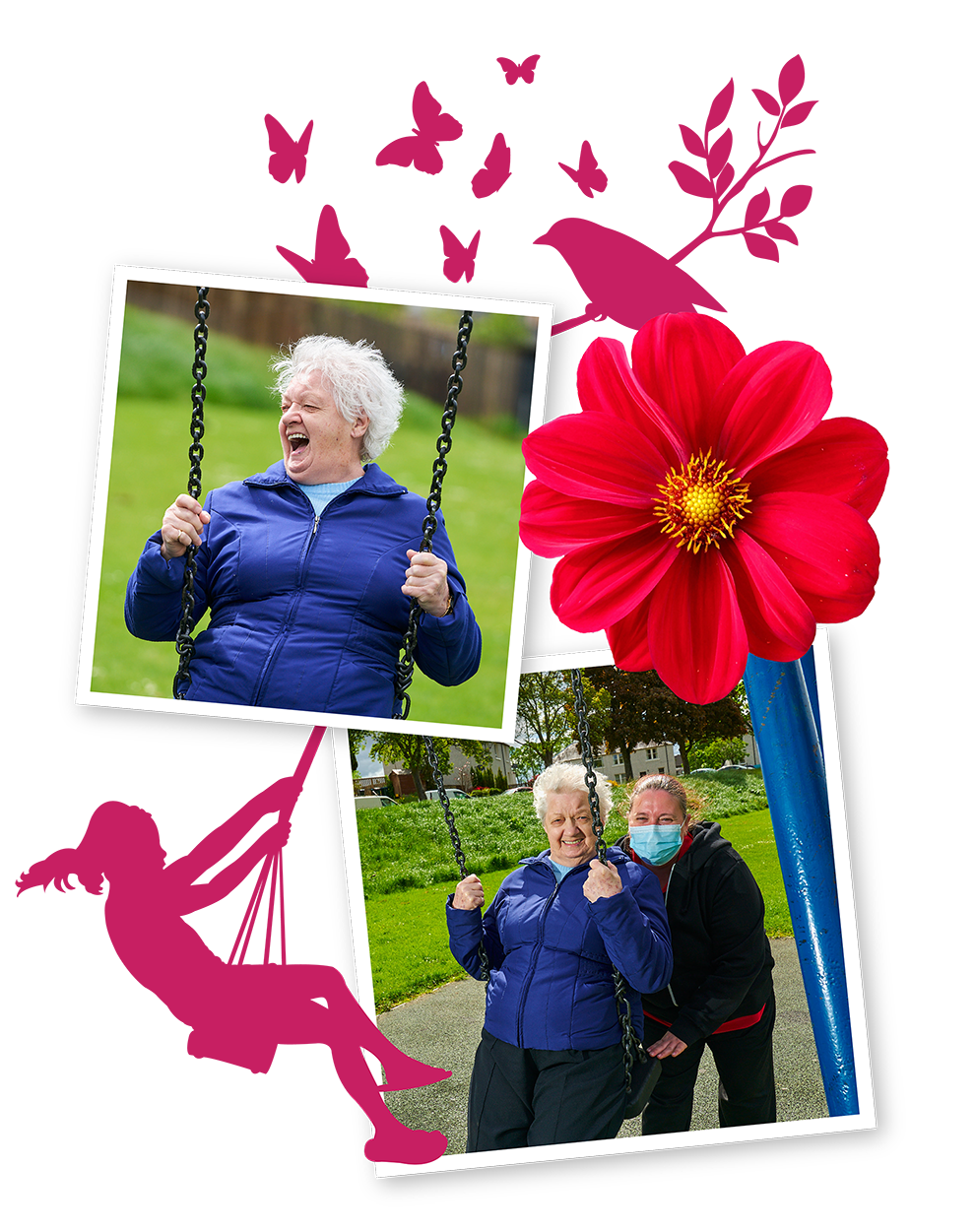
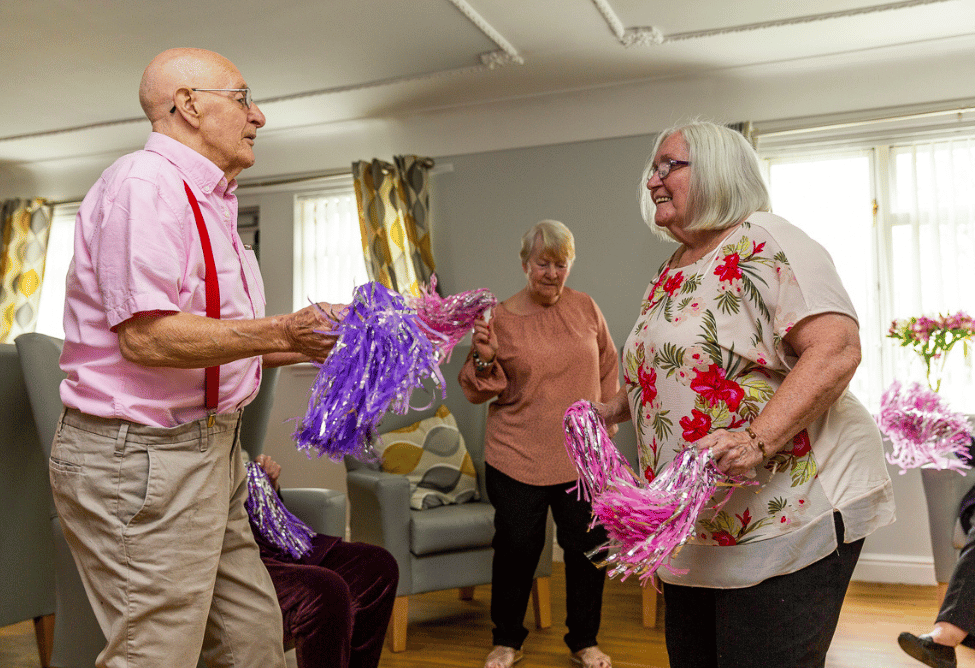
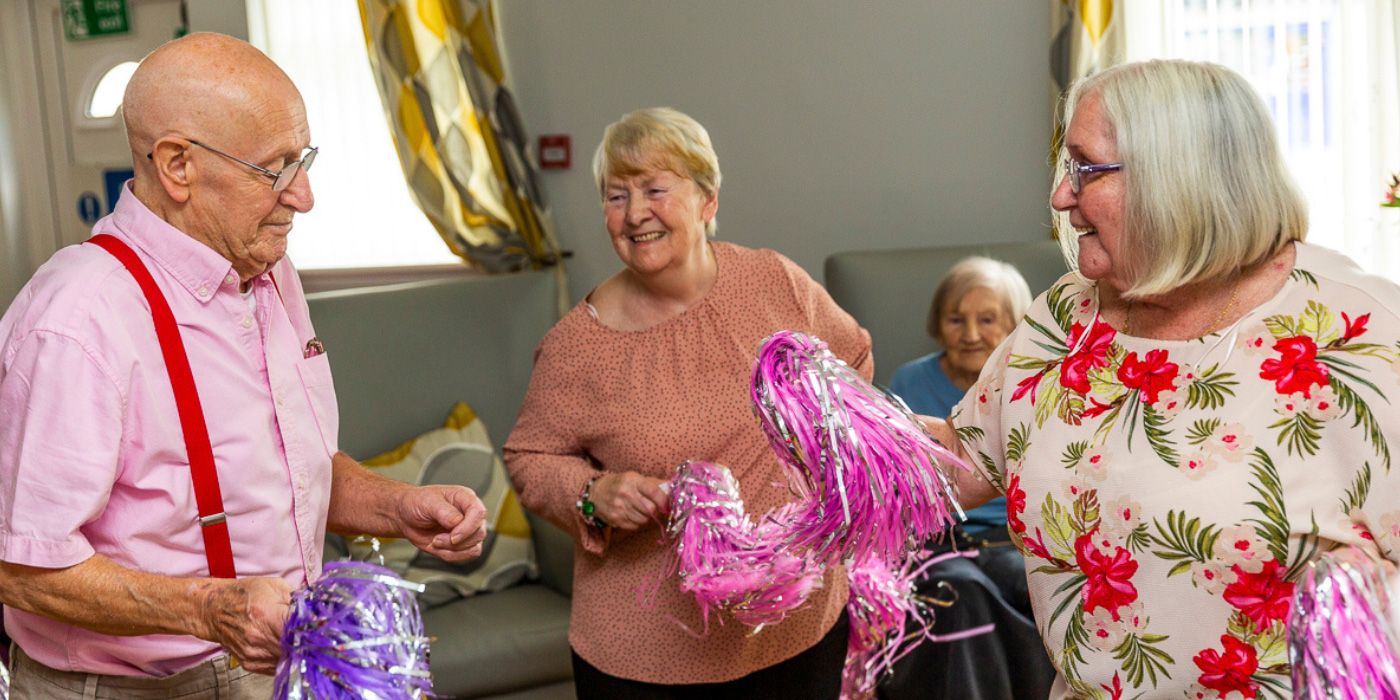
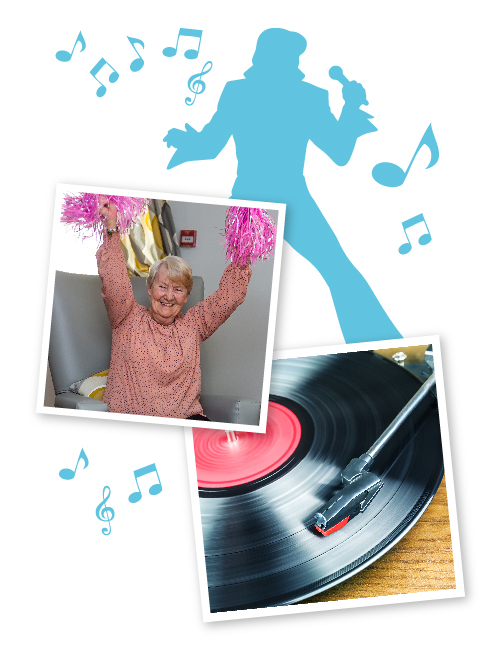
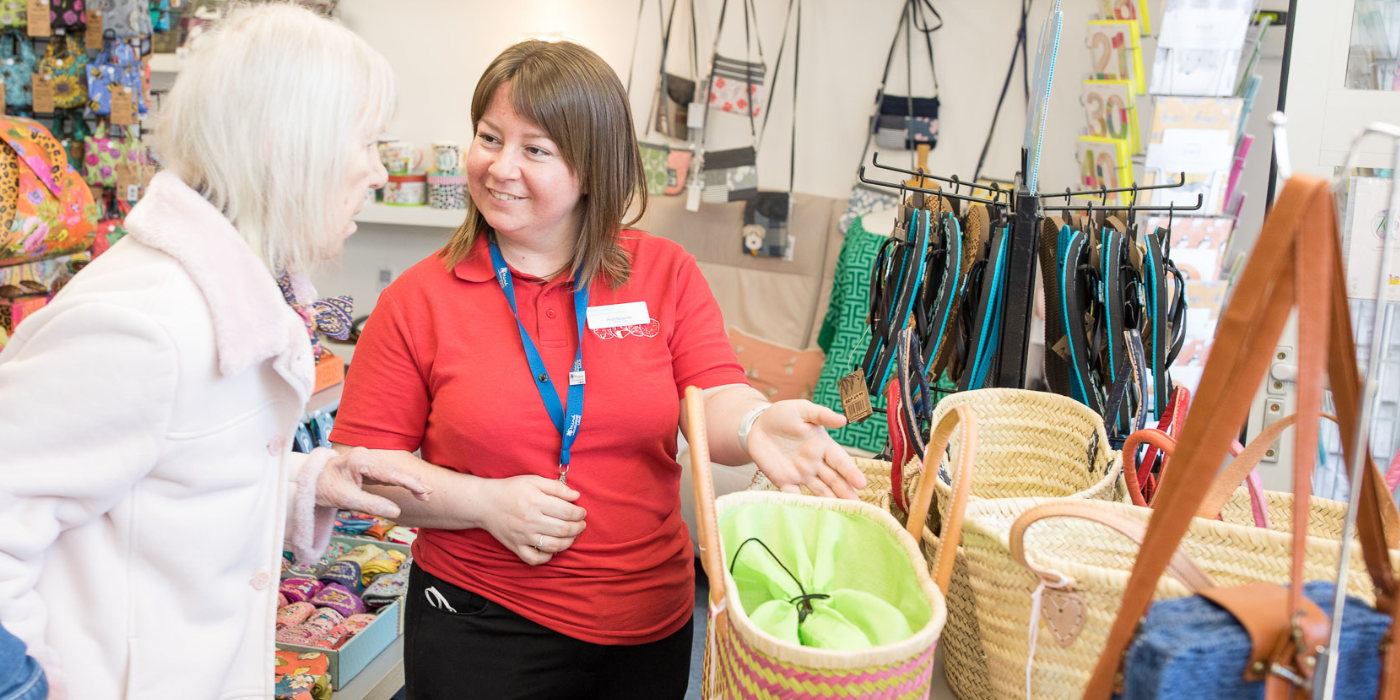
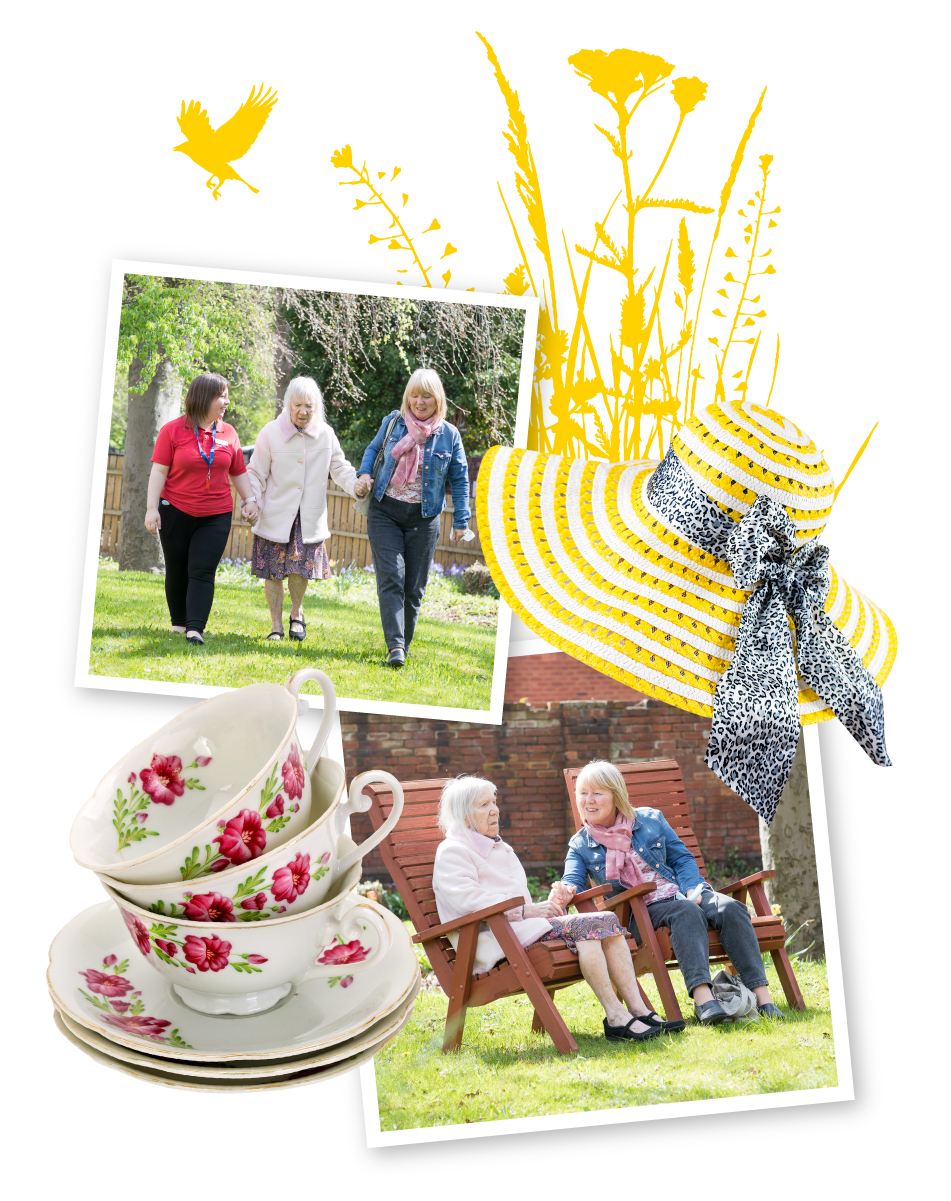




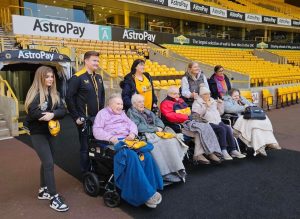
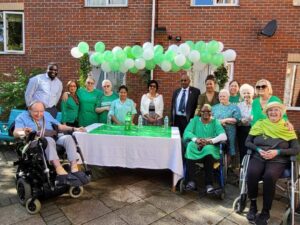
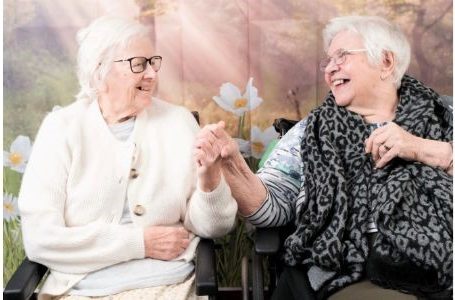

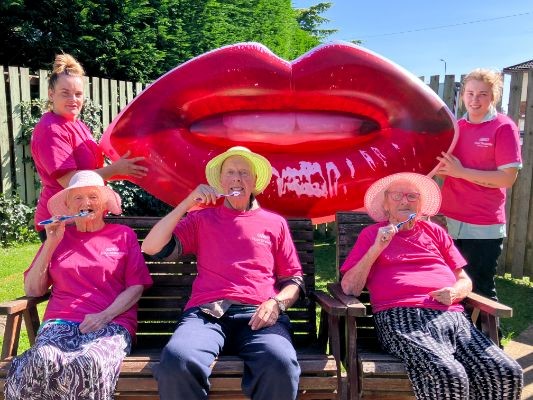
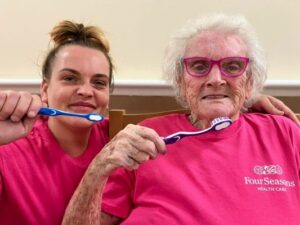 Preventing Gum Issues Related to Dentures
Preventing Gum Issues Related to Dentures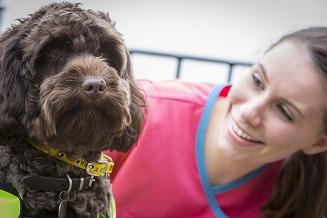




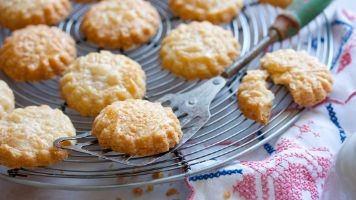

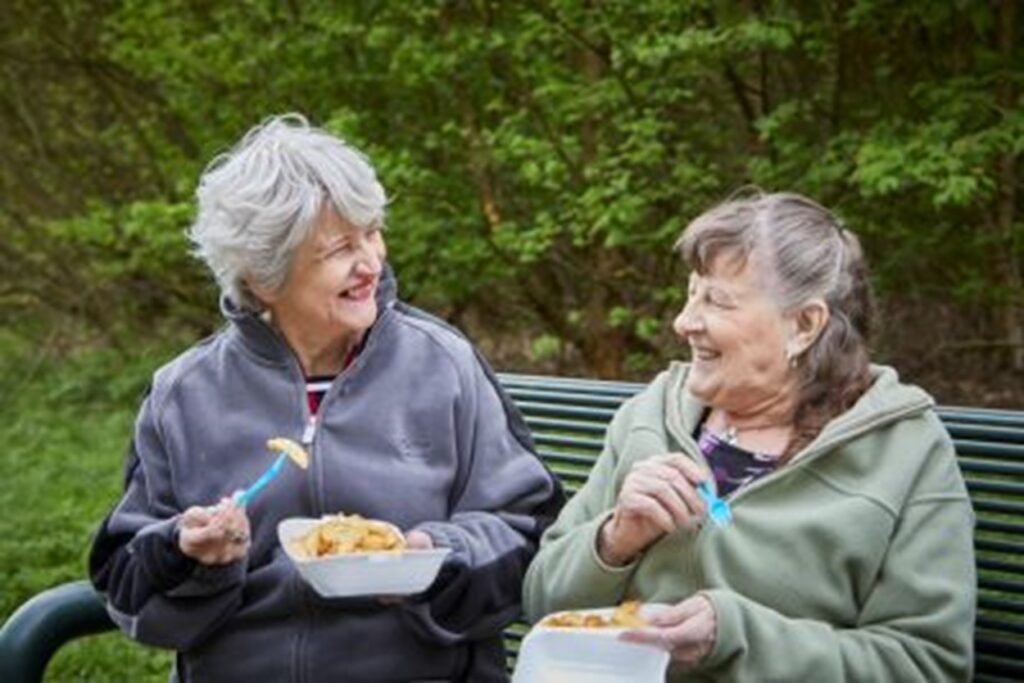

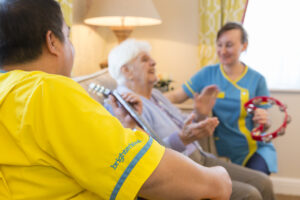 To celebrate World Music Day, we are going to take a closer look at the benefits of music in everyday life and particularly for those living with dementia.
To celebrate World Music Day, we are going to take a closer look at the benefits of music in everyday life and particularly for those living with dementia.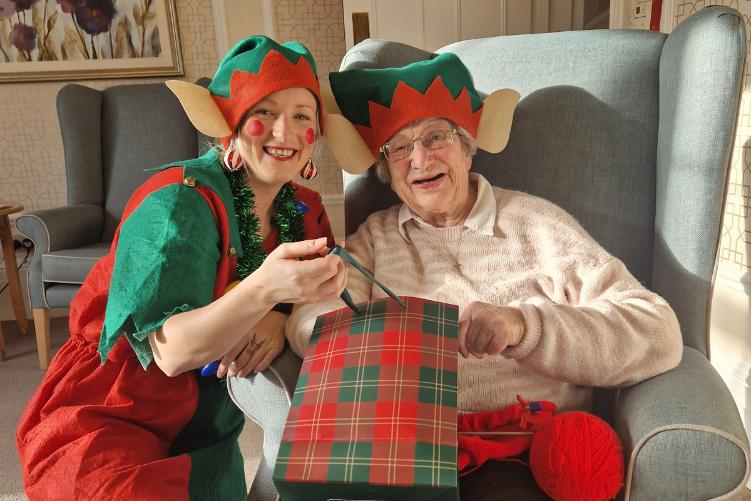
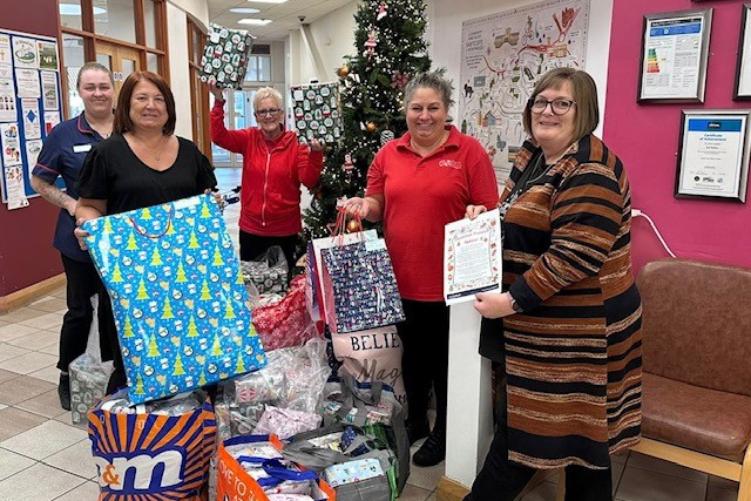
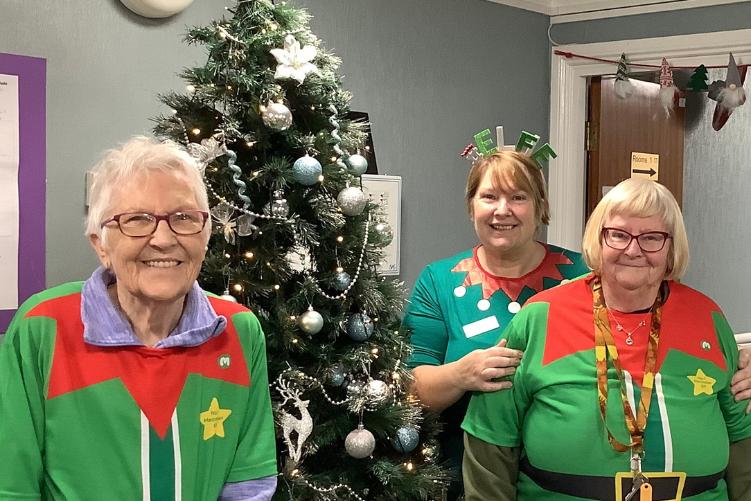
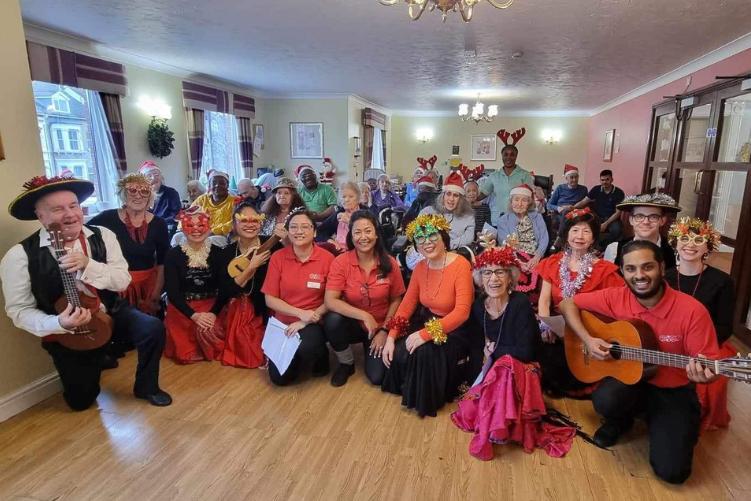
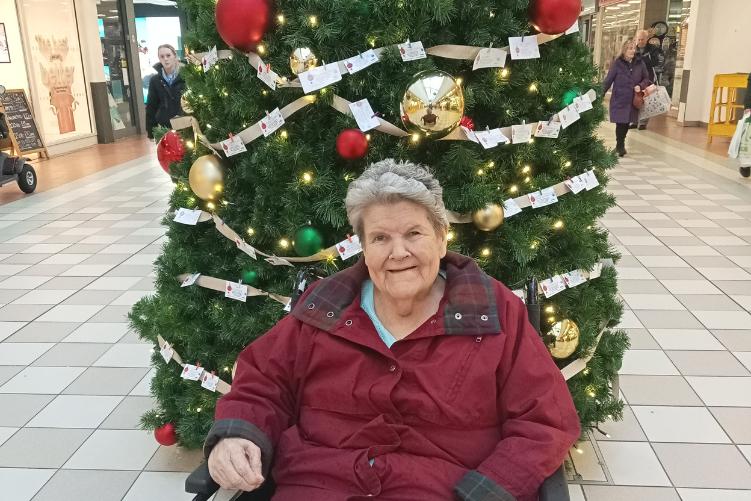
 Advice Hub
Advice Hub Find a home
Find a home Enquire now
Enquire now